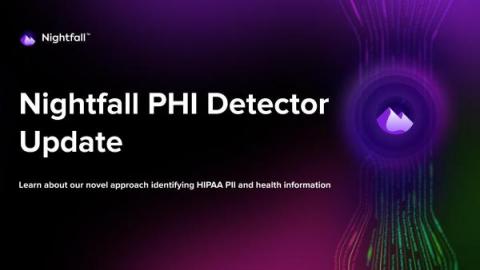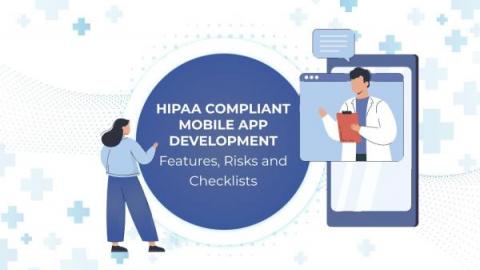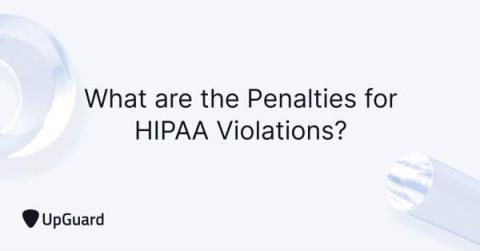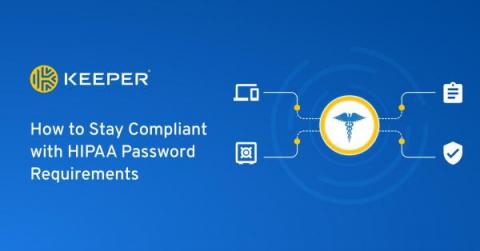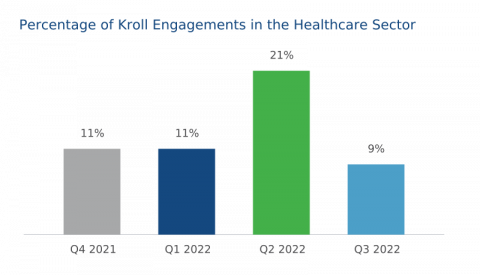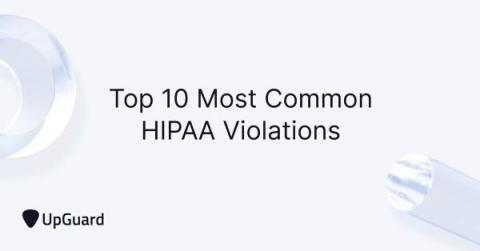Nightfall's New PHI Detector Improves Security Automation for Healthcare Orgs
With Nightfall’s enhanced PHI detection capabilities, which are based on an advanced combination of logic and context, it is very easy to identify specific instances of PHI unique to organizations. What’s even better is that all of this can be automated and tie seamlessly into existing customer workflows.


